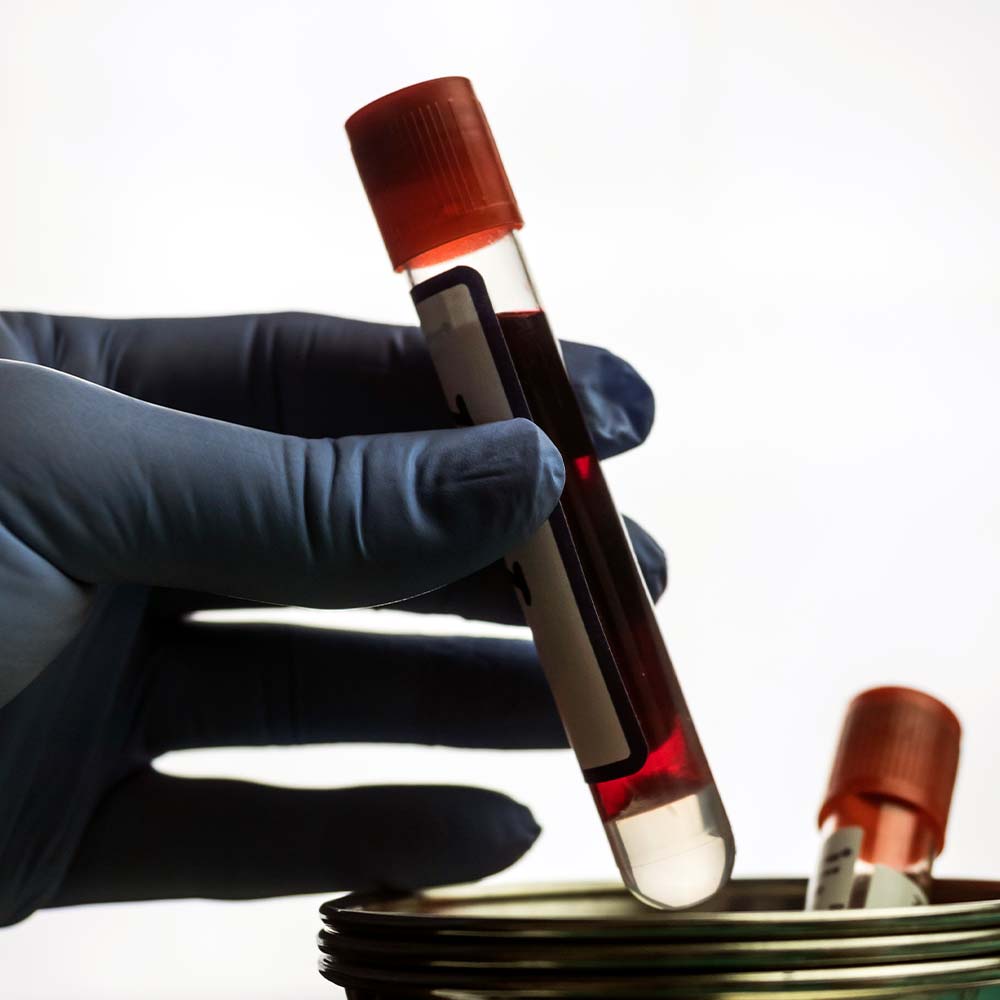
THERAPIES
Veto Cells: Potential to enable safer and more effective treatment of cancer and many other diseases.

Overview & Mechanism of Action
While modern medicine has, for more than a century, relied heavily on synthetic drugs for disease treatment, over the past couple of decades alternative therapies using naturally-derived treatments such as human cells and genes have moved from the laboratory to the clinic and gained prominence by showing both greater efficacy and fewer harmful side effects than conventional treatments. In the forefront of this movement is the field of immunotherapy, in particular cancer treatments using T cells. These white blood cells generated by the thymus gland – hence the name – play a central role in immune response. While the typical function of T cells is to attack threats to the body, Miller originally showed in the 80s that a special kind of T cells (called “veto cells”) are able to halt or “veto” these attacks by killing the attacking cells.
Cell Source’s proprietary Veto Cell technology platform is based on a fundamental scientific discovery – the ability to use such veto T cells without the harmful ability of such T cells to induce Graft-versus-Host Disease (GvHD). This enables the attainment of selective immune suppression while leaving the rest of the immune system intact. This selective tolerance by the immune system has many important applications, including making bone marrow and organ transplants safer, more accessible and more effective, and can have a major impact on improving the efficacy of cancer treatments. Veto Cells accompany transplanted cells or tissue and act as a “bodyguard” by attracting the recipient’s attacking (transplant rejecting) T cells and then killing them before they are able to reach their intended target. This allows for successful transplant acceptance (engraftment), even without a full match between the donor and recipient, and the reduction of powerful immune suppression treatments (radiation and chemotherapy) that are often harmful to the patient.
Safer, More Accessible Bone Marrow Transplants
Though haploidentical bone marrow transplantation was attempted in the 1970s, it was associated with a very high instance of GvHD (Graft vs. Host Disease) – where the transplanted cells reject the patient. In the early 1980’s, Professor Yair Reisner of the Weizmann Institute of Science in Israel together with Dr. O’Reilly at Memorial Sloan Kettering Cancer Center in New York City pioneered the use of T cell depleted bone marrow transplants, most notably for the effective treatment of SCID (Severe Combined Immunodeficiency) in what are commonly referred to as “bubble children” who are born with a very weak immune system.
In the 1990’s he discovered and demonstrated together with Dr. Martelli in Italy that using a “megadose” or very large dose of stem cells in a bone marrow transplant can help overcome rejection by “outnumbering” and thus overwhelming the rejecting cells. In the 2000’s he developed in murine models the Veto Cell platform as an improvement that could potentially allow for haploidentical stem cell transplantation under reduced intensity conditions (i.e. a lower level of immune suppression) that is safer for the patient and also avoids GvHD. In the 2010’s this approach was further refined by allowing for the use of genetically modified Veto Cells in order to amplify cancer killing potential.
In addition, generating the Veto Cells from the memory T cell pool enabled the development of Veto Cells with activity against recall antigens which is suitable for the generation of anti-viral Veto Cells. Such anti-viral Veto Cells could potentially protect patients from viral infections, which, along with GvHD, are among the most common causes of post-transplant mortality. Thus, our current preclinical efforts focus on the development of a treatment protocol employing Veto CAR-T cells which could potentially address ALL of the most important issues in stem cell transplantation for the treating of blood cancer: 1) Engraftment of mis-matched T cell depleted HSCT without GVHD following non-myeloablative conditioning by virtue of Veto activity; 2) Reduction of risk for viral infections; and 3) Enhanced anti-leukemia activity.
Current Clinical Status
Cell Source is currently conducting a Phase 1/2 clinical trial at The University of Texas MD Anderson Cancer Center in Houston, Texas. The trial uses the Anti-viral Veto Cell for the treatment of blood cancer. This trial comprises a proof-of-concept for both safety and efficacy by testing if the Veto Cell can safely facilitate haploidentical stem cell transplantation under reduced intensity conditioning while avoiding GvHD and preventing viral infections. Once this proof-of-concept has been successfully completed, Cell Source plans to move forward with Veto Kidney Transplant, allowing for haploidentical organ transplantation which would greatly broaden the donor pool and also has the potential to eliminate the current need for lifelong, daily anti-rejection therapy administered to fully matched donor kidney transplant recipients. Upon completion of the pre-clinical generation of Veto CAR-T cells, Cell Source will initiate a clinical trial testing the efficacy of Veto CAR-T treatment for blood cancer, which adds additional cancer killing capability to the current protocol.
Related Intellectual Property
Cell Source holds a worldwide exclusive license for Veto Cell technology. The patents are licensed from Yeda Research and Development Co. Ltd., the commercial arm of the Weizmann Institute of Science. The patent portfolio includes granted patents on the core Veto Cell technology in the US, Europe the Far East and elsewhere as well as pending patents with respect to the more recent developments in a broad range of territories.
Competitive Advantages
With respect to CAR-T cell therapy, the only FDA approved treatment are autologous (patient derived treatments) which are both expensive (up to $475,000 per infusion) and have limited long term efficacy. Some companies are developing allogeneic (donor derived) CAR-T for blood cancer, but none have shown that they are able to deliver an approach which is both safe (avoiding both GvHD and viral infections) and effective. Cell Source technology allows for minimal risk for GvHD and viral infections and also employs a non-gene-edited approach to produce CAR-T. Overall, it has the potential to deliver a significantly safer version of allogenic CAR-T that can be used both in conjunction with Veto stem cell transplantation, or as a stand-alone off-the-shelf CAR-T cell therapy that is fully allogeneic.
In the area of stem cell transplantation there are some approaches which involve reduced intensity conditioning – but this comes at the price of a marked incidence of GvHD. Others use a T cell depleted approach – but is comes with the price of aggressive immune suppression treatments. Some companies have technology focused on either reducing or treating GvHD for stem cell transplant patients, while others aspire to reduce or treat post-transplant viral infections. Cell Source’s Veto Cell platform is the ONLY approach that combines a T-cell depleted stem cell transplant with a mild conditioning regimen. Our long-term goal is to bring to the market distinctive capabilities in ALL THREE aspects that form the basis of competition: (1) Fundamentally safer due to RIC, (2) Greatly improved patient survival and quality of life due to avoidance of GvHD and viral infections, (3) Significantly stronger anti-tumor effectiveness and persistence as we add CAR-T cancer killing capability to the Veto Cell in the stem cell transplant.
While some medical centers are working towards combining live donor kidney transplants with stem cell transplants so as to increase the patient’s tolerance to the new organ and thus reduce the need for post-transplant anti-rejection treatment, Cell Source’s Veto Kidney Transplant aims to reduce the adverse effects associated with this approach by using T cell-depleted HSCT in combination with anti-viral Veto Cells, which could potentially offer lower risk for GvHD and viral infections.
Future Potential
Cell Source plans to remain focused on the clinical development and commercialization of its core applications for Veto Cells for blood cancer treatment and organ transplantation. In parallel it is conducting research on other uses of Veto Cells. Preclinical data show that stem cell transplants using Veto Cells can be used to effectively treat sickle cell disease and to halt the development of Type 1 Diabetes. Other congenital non-malignant diseases such as Multiple Sclerosis and Beta Thalassemia, Scleroderma etc. could also potentially be treated in a similar manner. Cell Source also plans to develop other Veto Cell approaches to treatment of both blood cell and solid tumor cancers.



